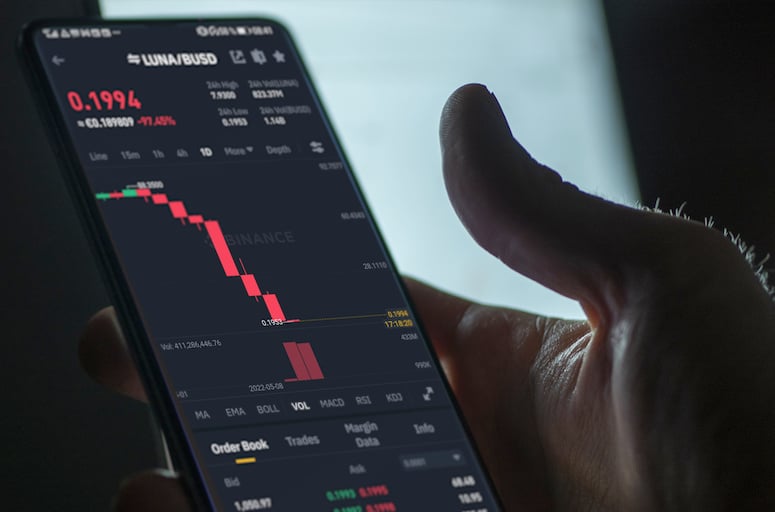Comparison site Finder has killed off its cryptocurrency product Earn, which offered customers a flat rate return for investing in stablecoins, arguing it “no longer” served customers amid rising interest rates.
In a blog post strangely titled “Finder Earn is being sunset” just two days before the shutdown, the company said “As interest rates have increased and the macroeconomic environment has changed, it’s now possible to get a more attractive return elsewhere.”
Yesterday, Earn customers were sent the balance of their TAUD, a stablecoin linked to the Australian dollar, in their Finder Wallet, converted back into Australian dollars, which users can then use to purchase other crypto via the app, or transfer out into a bank account.
“Over the last year, our members Earned (sic) over 500,000 TAUD and we’re proud to have been able to offer such an innovative product to our members,” the post said.
A subsequent updated version of the original post on Thursday afternoon said that “we have returned all funds to customers and are no longer offering Finder Earn to our members”.
Earn had offered a fixed 4.01% return, but there had been concerns that the company was using customer capital to invest in crypto – a passion of finder cofounder Fred Schebesta – to make its margins. There has been growing local concern over regulation of crypto investment locally amid the collapse of the world’s second largest crypto exchange, FTX, amid allegations of fraud and investment Ponzi scheme, and plunging crypto prices more broadly.
That rout began with the collapse of a faux stablecoins known as TerraLuna, leading the demise of several companies, including investor Three Arrows Capital. FTX founder Sam Bankman-Fried was involved in attempted rescues of some of the companies involved, but now looks set to drag down several more companies associated with his exchange and associated investment house, Alameda Research.
Embattled cryptocurrency lender Genesis Global Capital, which has already warned it needs a capital injection to survive, this week hired restructuring adviser and bank Moelis & Co. to investigate its options, including bankruptcy.




















Trending
Daily startup news and insights, delivered to your inbox.